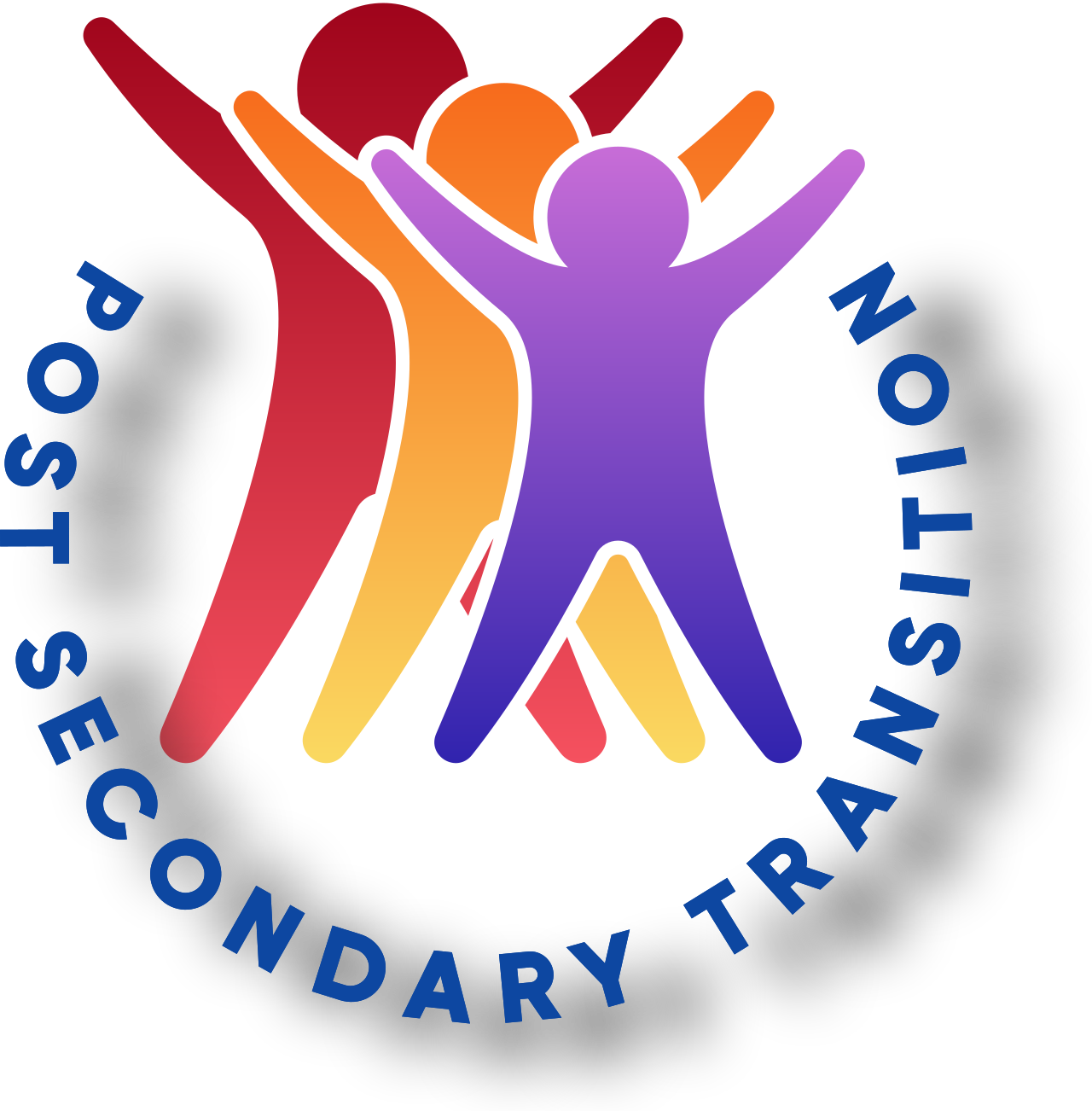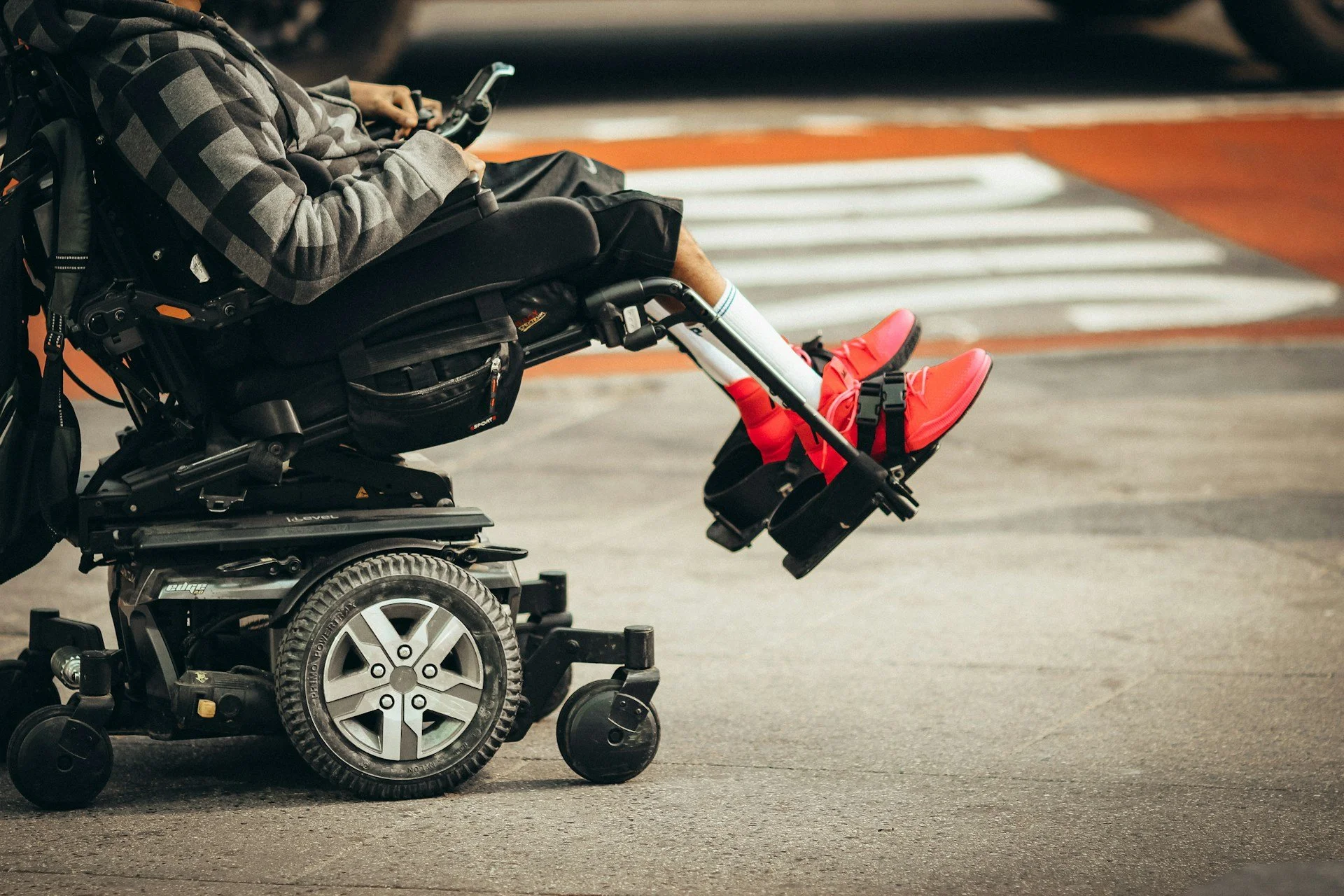
Start Here
Embarking on the post-secondary transition journey can be overwhelming, we've curated valuable information to guide you through this process.
Helping a child utilize transition services involves assisting them in preparing for and navigating the process of transitioning from one stage of life to another, typically from school to adulthood. Key points to consider:
P2Transition PodcastEarly planning: Start the transition planning process early, preferably during your child's early to mid-teen years. This allows for ample time to identify goals, preferences, strengths, and challenges
Individualized Education Plan (IEP): Collaborate with the child's school to develop a comprehensive IEP that includes specific transition goals and services tailored to the child's needs
Identify strengths and interests: Help the child identify their strengths, skills, and interests to build a foundation for setting achievable goals
Assess needs: Understand your child's specific needs, whether they involve academic, vocational, social, or independent living skills
Involving your child: Ensure the child is actively engaged in the transition planning process, encouraging them to take ownership of their goals and choices
Vocational training: Explore vocational training opportunities and programs that align with the child's interests and abilities
Community resources: Research local community resources, agencies, and support networks that can provide valuable assistance during the transition process
Independent living skills: Focus on developing essential life skills, such as money management, cooking, transportation, and personal care, to promote greater independence
Career exploration: Encourage the child to explore various career options through internships, job shadowing, or volunteer work to gain real-world experience.
Advocacy: Advocate for the child's needs and rights, ensuring they receive the appropriate services and accommodations.
Regular evaluations: Continuously monitor progress and make adjustments to the transition plan as needed to ensure it remains relevant and effective
Post-secondary transition support: Plan for ongoing support and follow-up after the child has completed the transition to adulthood to ensure they continue to thrive in their chosen path
We’re receiving a Certificate of Completion…
Freshman
Senior + (to age 21)
Junior
Sophomore
Looking for more supported options in higher eduction? Check out ThinkCollege
We’re recieveing a Diploma…
Freshman
Junior
Senior
Sophmore












